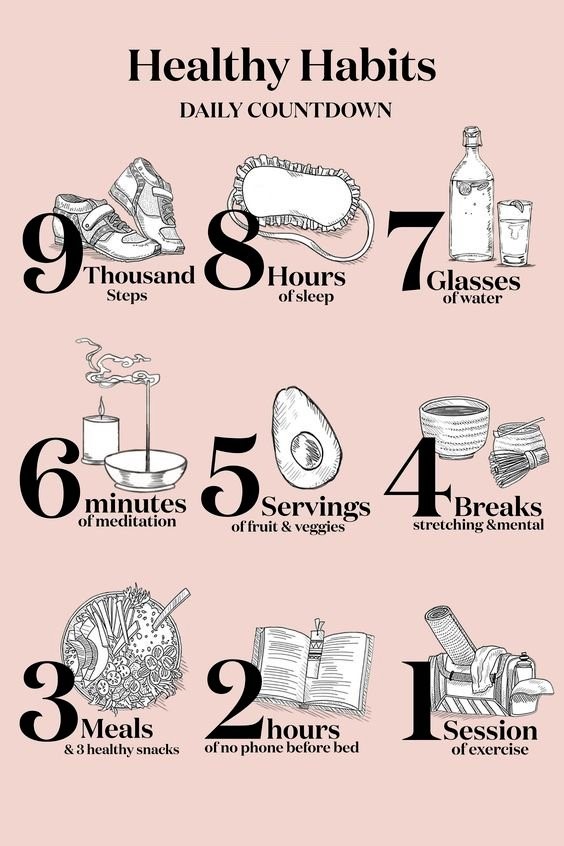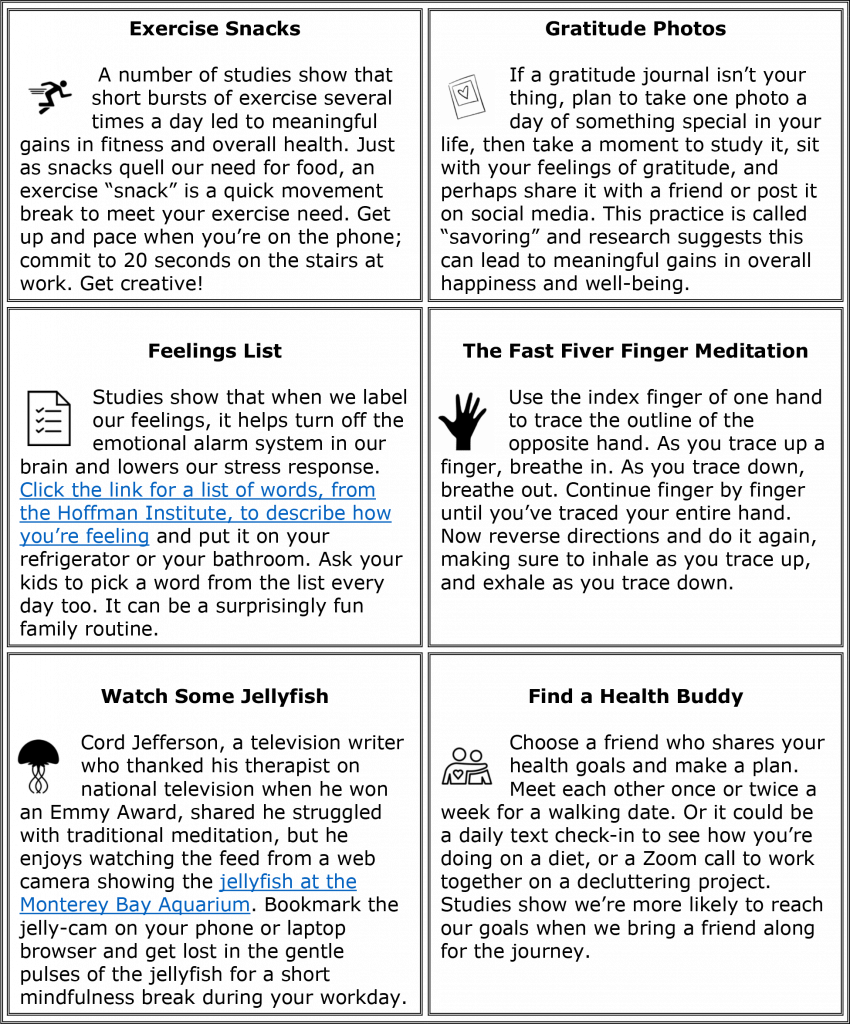Annie Sneed at the New York Times recently published a piece exploring the findings and opinions of addictions psychiatrist Dr. Anna Lembke regarding our at times addictive relationships with our phones. Whether smartphone overuse constitutes a true addiction is still up for debate and, as with many things, when we feel the relationship is no longer healthy here are always ways to scale down. First we have to appreciate what drives the maladaptive relationship which, according to Lembke is Control (the behavior in questions s considered out of control or more present than it should be) Compulsion (being intensely mentally preoccupied with the behavior / performing it automatically); and Consequences (continued use in spite of negative social, physical and mental consequences). So what do we do with this?
- Take a ‘screen fast’: try completely avoiding using all screens, not just phones, for anywhere from a few hours, to a do, to a month, whatever your life will allow. This is an especially helpful approach when going on vacation. Take note of which changes you observe in yourself during the fast, even if it lasts only an hour. If you like it, keep going!
- Set boundaries: Healthy boundaries are important in any relationship, including our relationship to technology. This is a less intense alternative to fasting, and might look like setting aside times of the day or days of the week when you don’t use your phone at all, such as before and after work, or on your lunch break (when many people are most tempted). It may also mean leaving your phone in the other room, keeping it out of your bedroom or putting everyone’s phone in a box outside of the kitchen during dinnertime.
- Make your smartphone less appealing: You can also make your phone less engaging. This might look like changing the screen to grayscale or turning off notifications, as well as uninstalling some of your more addicting apps (Wordle, we’re looking at you!) In addition you might periodically rearrange the apps on your phone so that they become harder to find and less likely to lure you into a mindless loop of checking and rechecking simply out of habit.
“The big question to ask yourself with screens is: ‘What else could I be doing right now? Is there something I could be doing that would be better for me?’” Dr. Alter said. “That’s important now more than ever because of how much time we’ve been forced to spend on screens during the pandemic.”
To read the full article, entitled “I’m Addicted to My Phone. How Can I Cut Back?” visit https://www.nytimes.com/2022/02/08/well/live/smartphone-addiction-tips.html



